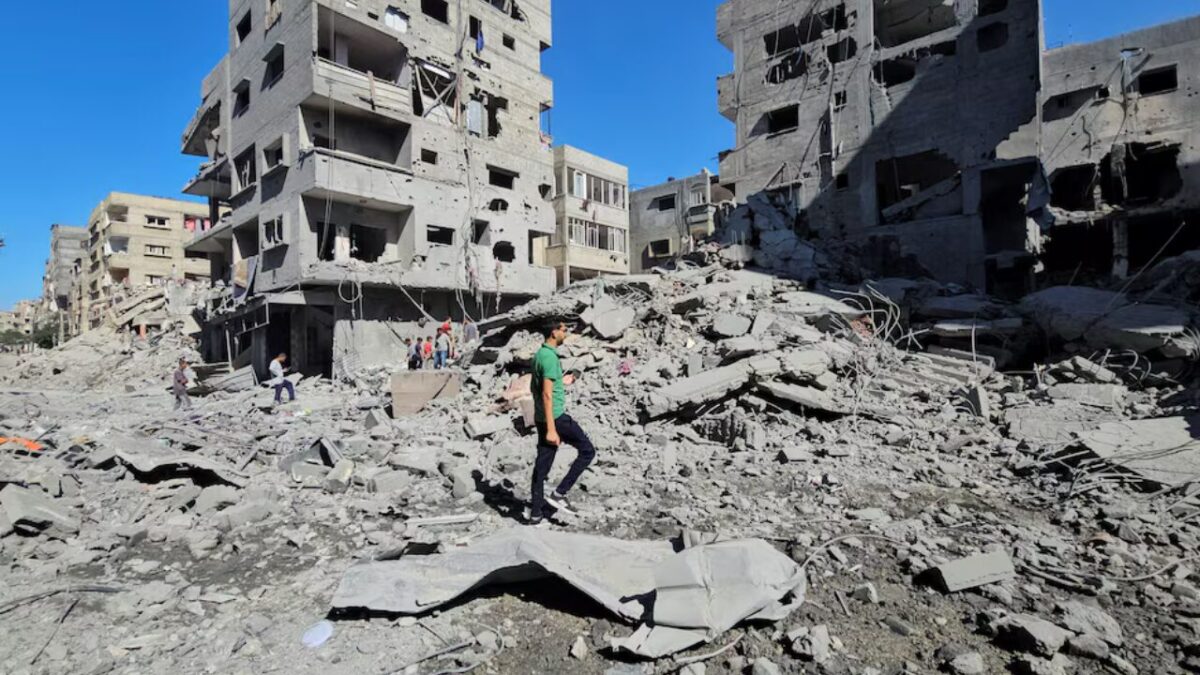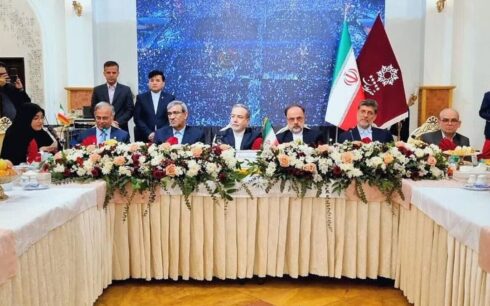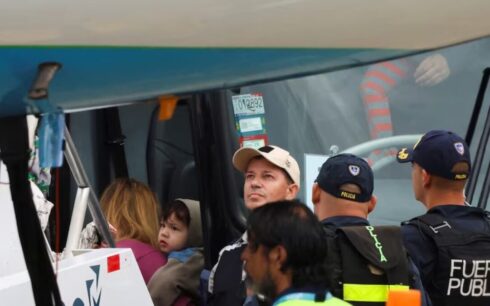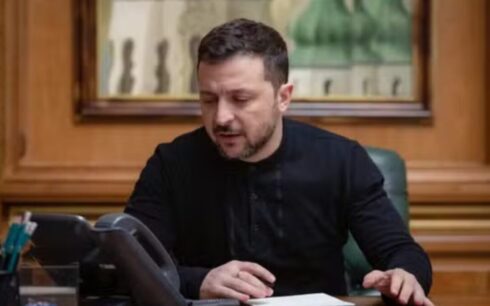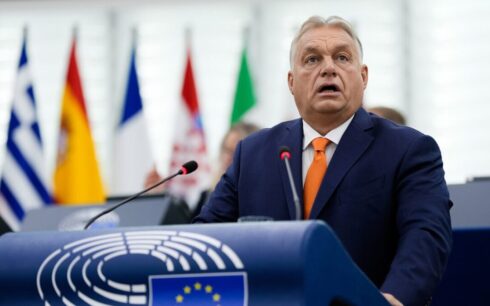BEIRUT — U.S. envoy Amos Hochstein is set to meet with Lebanese officials on Monday in a bid to broker a ceasefire between Israel and the Iran-backed Hezbollah group, two sources told Reuters, as Israel ramped up airstrikes on Hezbollah targets overnight.
Hochstein’s visit comes as the conflict between Israel and Hezbollah, which has been ongoing for over a year, intensifies. The U.S. envoy is expected to push for a de-escalation, even as Washington has reaffirmed its unwavering support for Israel, despite growing concerns over the rising death toll in the region.
In recent days, the U.S. military has expedited the deployment of its advanced anti-missile system, known as THAAD, to Israel. While U.S. Defense Secretary Lloyd Austin, speaking from Kyiv, declined to confirm whether the system is fully operational, he emphasized that it could be activated swiftly. “We are on pace with our expectations,” Austin said.
Overnight, Israeli airstrikes targeted sites in Beirut, southern Lebanon, and the Bekaa Valley, which Israel claims are used by Hezbollah to finance its operations. Hundreds of families reportedly fled the areas surrounding the strikes, although no casualties were reported.
According to Axios, Israel has submitted a document to the U.S. outlining its conditions for a diplomatic solution to the war in Lebanon. Israel’s demands include the right to actively monitor Hezbollah’s rearmament and freedom for its air force to operate within Lebanese airspace. However, a U.S. official indicated that these conditions are unlikely to gain support from Lebanon or the international community.
Hochstein is scheduled to meet with Lebanon’s caretaker Prime Minister Najib Mikati and Speaker of Parliament Nabih Berri. Over the weekend, Berri told Al Arabiya that Hochstein’s visit represented “the last chance before the U.S. elections” to reach a truce. Berri also warned that he would reject any amendments to U.N. Resolution 1701, which ended the 2006 war between Israel and Hezbollah.
Cross-border clashes between Israel and Hezbollah began a year ago when the group launched rockets in support of Hamas during its conflict with Israel in Gaza. In response, Israel launched a ground offensive in southern Lebanon in October, aiming to stabilize the northern border for Israeli civilians who had fled rocket fire.
The conflict has seen high-profile assassinations, including the death of longtime Hezbollah leader Hassan Nasrallah in an Israeli airstrike in Beirut’s southern suburbs. Despite numerous diplomatic efforts, including those led by the U.S., to secure a ceasefire in Gaza and Lebanon, skepticism remains high about the prospects of a lasting truce.
As the situation continues to escalate, Lebanon’s political and diplomatic circles remain cautiously hopeful that Hochstein’s talks could lead to some resolution, though many remain wary given the entrenched positions of both Israel and Hezbollah.

